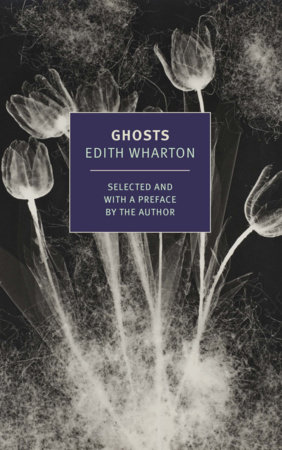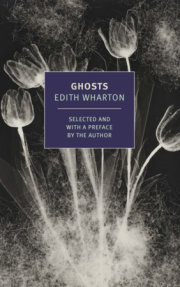"Wharton was not an avowed believer, but like many writers she found the ghost story to be the perfect medium (pun intended) for exploring questions of sexuality, class and consciousness. And given her mastery of all three subjects it should come as no surprise that the stories in this collection are a paradigm not just of the genre but of short fiction generally." —Sadie Stein, The New York Times
“It’s this alertness to the terror of being a stranger in one’s own house, in one’s own self, that makes Wharton such a fine and frightening writer of ghost stories.” —Hermione Lee, The New York Review of Books
“A master of the form. . . . [Ghosts] is a bewitching, and frequently terrifying, collection of tales which more often than not fulfill [Wharton’s] criterion for a successful ghost story: ‘If it sends a cold shiver down one’s spine, it has done its job and done it well.’ . . . Reading the stories, I sometimes felt like I had discovered a hidden room in an impeccable house, and turned to find that the door had shut behind me.” —Anna Russell, The New Yorker
“Wharton seems to have been aware that in her ghost stories, she had tapped into something essential yet hidden about modern life. . . . In Ghosts, Wharton’s characters carry with them not only what was inflicted upon them, but what they have inflicted upon others, however unknowingly.” —Jack Hanson, The Baffler
“These ghost stories are not mere genre, not chills and thrills. They are about the liberty of the form itself. . . . I believe that these macabre stories were, for Edith Wharton, another way out, another departure and yet another entry into the penetrating observations on the destructive powers of human possession, the aftermath of dispossession and the haunting power of love.” —Maureen Howard
“A blend of Poe, Hawthorne and Henry James, [Wharton] has a lightness of touch that belies the often very grisly tale.” —Kate Mosse, The Guardian
“Mysterious and coolly menacing stories of the supernatural.” —Dan Chaon, The Week




